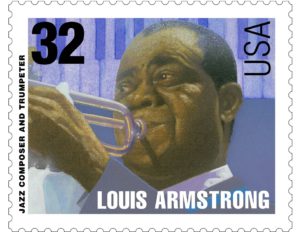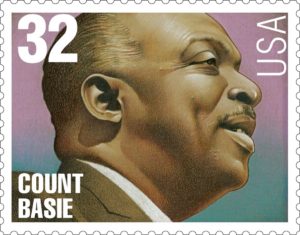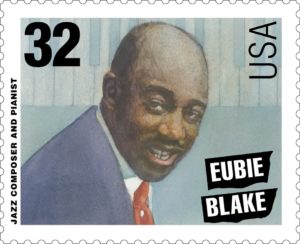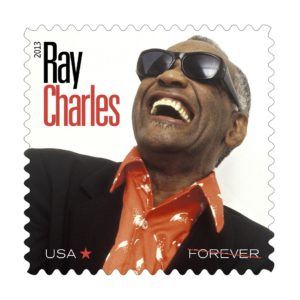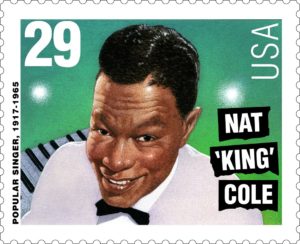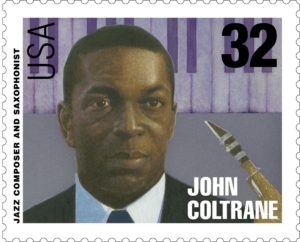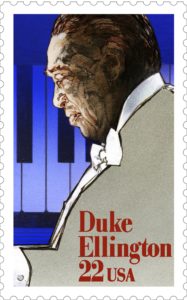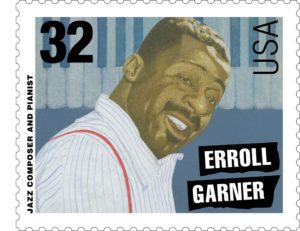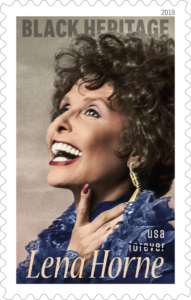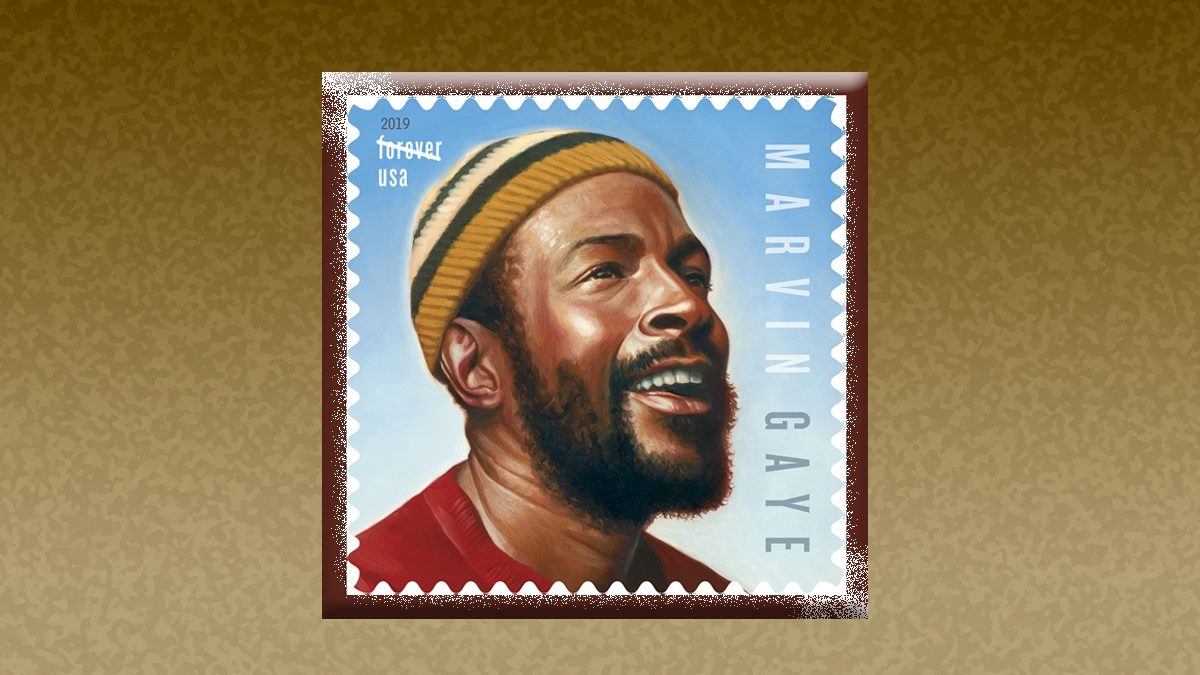
African American Music Month
June is African American Music Month. It was first initiated as Black Music Month by former President Jimmy Carter on June 7, 1979.
On June 2, 2009, former President Barack Obama issued a proclamation changing the name to African American Appreciation Month, stating, “The legacy of African American composers, singers, songwriters and musicians is an indelible piece of our nation’s culture. They have enriched American music and captured the diversity of our nation. During African American Music Appreciation Month, we honor this rich heritage.”
One of the icons of this 2019 month-long observance is currently featured on a U.S. postage stamp. The Marvin Gaye Forever stamp was issued on April 2, which would have been Gaye’s 80th birthday, at the legendary Greek Theatre in Los Angeles.
The Gaye stamp is very popular among his fans as it is flying off the shelves at Post Office locations, if you can find them there. The best shopping option is to purchase them online at The Postal Store.
Marvin Gaye is not the only African American music legend to have appeared on a U.S. postage stamp – not by a long shot. Just to name a few:
Louis Armstrong (1995), who learned to play the trumpet and the cornet as a teenager and became one of the most influential figures in jazz.
Count Basie (1996), renowned jazz pianist, bandleader and composer.
Eubie Blake (1995), as a child studied music theory and the organ to become a successful songwriter.
Ray Charles (2013), considered a musical genius who had a remarkable career spanning five decades that blurred the lines of jazz, gospel, blues and, in later years, country.
Nat King Cole (1994), began his career as a jazz pianist and became one of the most popular vocalists of all time.
John Coltrane (1995), known for his improvised, free-form solos on the saxophone and is considered one of the leading jazz artists from the 1950s and 1960s.
Duke Ellington (1986), considered one of the greatest composers and orchestra conductors of the 20th century.
Erroll Garner (1995), began playing piano at 3 years old and composed more than 200 works without ever learning to read music.
W.C. Handy (1969), known as the “Father of the Blues,” he wrote such songs “Memphis Blues,” “Beale Street Blues,” and the world-famous “St. Louis Blues.”
Jimi Hendrix (2014), recognized as one of the most creative and influential musicians of the 20th century, who displayed an innovative style in rock, R&B, modern jazz and the blues, which inspired artists of his era and beyond.
Billie Holiday (1994), known as “Lady Day,” she was one of the most influential jazz singers of all time.
Lena Horne (2018), a trailblazer in Hollywood for women of color, who used her fame as an entertainer to become an important civil rights spokesperson.
Mahalia Jackson (1998), the “Queen of Gospel Music” started singing as a child and sang at the March on Washington as an active civil rights participant and at the funeral for Martin Luther King Jr.
Robert Johnson (1994), best known for a unique blues guitar style that influenced his contemporaries in the 1930s as well as modern blues artists and even rock guitarists.
Scott Joplin (1983), composer and pianist, known as the “King of Ragtime,” a significant development in modern music combining African-American harmonies and rhythms with other musical styles.
Charles Mingus (1995), talented bass player, pianist, composer and bandleader was a notable 20th century musician.
Thelonious Monk (1995), a brilliantly unorthodox pianist and composer who was studied by musicians years before he was accepted by the public.
Bessie Smith (1994), “Empress of the Blues” reigned in the 1920s across the United States and Europe.
Sarah Vaughan (2016),one of the most compelling vocalists in American history, renowned for her artistic eloquence, dynamic vocal range, iconic vibrato and innovative phrasing which helped transform jazz and popular music.
Clara Ward (1998), the creative force behind the Ward Singers, acknowledged as America’s greatest gospel groups.
Muddy Waters (1994), a leader in developing the Chicago blues sound and transforming traditional Delta blues into electric blues helping him to become a huge success in America.
